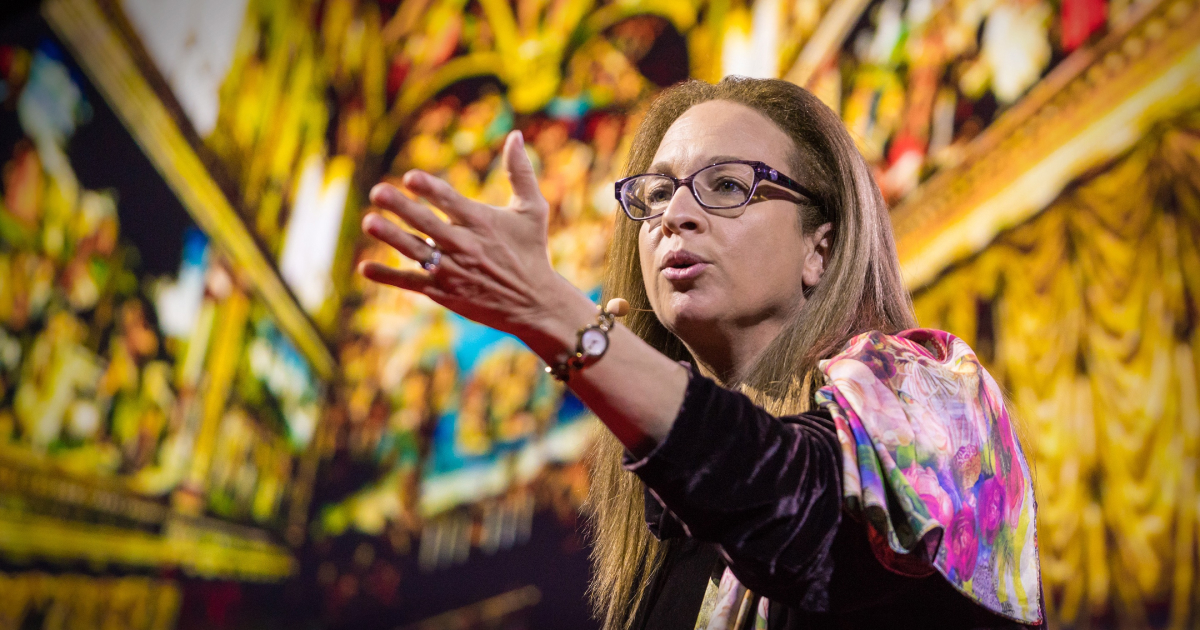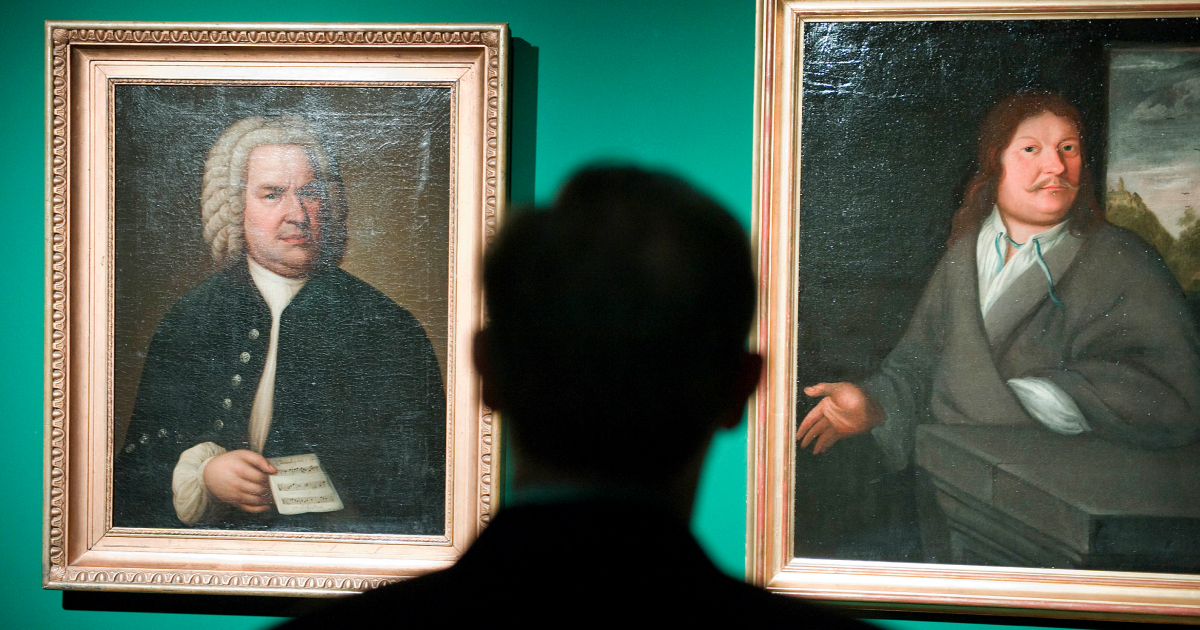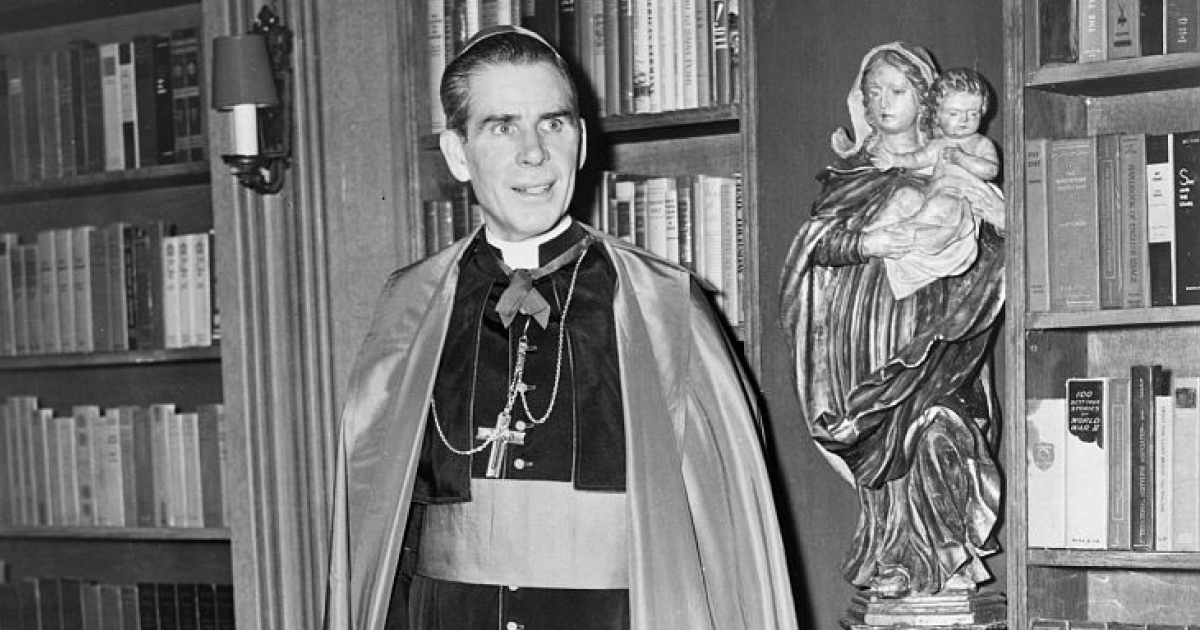Former British Prime Minister Theresa May has given her damning assessment of the proposed assisted suicide Bill that has reached the House of Lords.
The first day of debate on Friday lasted seven hours without pause, during which nearly 95 members of the House of Lords spoke, it is reported.
With 190 peers expected to speak in total over the two days that the Bill will be debated in the upper chamber of the UK Parliament, it means that the ground is set for what would be the longest debate featuring the most speakers for a Private Members' Bill heard by the House of Lords in its history.
"This is not an 'assisted dying' bill, it is an assisted suicide bill,” Baroness May of Maidenhead said, addressing the House of Lords on 12 September.
“As a society we believe that suicide is wrong.”
To illustrate this, Baroness May noted that the government has a national suicide prevention strategy, and that “we bemoan” the number of young people lured into suicide by the likes of social media and what they read on the Internet.
She continued: “Suicide is wrong. But this bill effectively says suicide is OK. What message does that give to our society?"
She concluded: “Suicide is wrong. This bill is wrong. And in my opinion it should not pass.”
The Terminally Ill Adults (End of Life) Bill to legalise assisted suicide in England and Wales is under consideration by the House of Lords having made it through the initial parliamentary procedures and votes in the House of Commons.
Unusually, the Bill will have two days, rather than one, for an initial debate on the entire Bill – known as a Second Reading. This is partly because so many peers have requested to speak during the debate.
The second day of the House of Lords' debate is due to occur on 19 September. Voting is expected to come later in the autumn when the Bill returns to the House of Lords for peers to suggest changes or amendments.
If the Lords do pass amendments that Kim Leadbeater, the Labour MP behind the Bill, does not agree with, she could try to overturn them in the Commons before the Bill returns to the Lords for a second time, a type of political ping-pong that could take several weeks.
However, according to the BBC, sources in favour of the Bill are confident it will pass, claiming they are not anticipating anything that could derail the Bill from passing.
Both sides in the debate acknowledge a significant development in the Bill's chances of becoming law occurred when the government announced the parliamentary "session" would last until the spring. That is thought to have been done to give the legislation enough time to clear all its parliamentary hurdles.
If there are any significant delays and the Bill does not clear all the parliamentary stages by the spring in 2026, the whole process would have to start again with a new bill unless Prime Minister Keir Starmer adopts the assisted suicide Bill as a parliamentary bill.
The Catholic Church in England and Wales has continued to warn against the dangers that the proposed Bill poses to the sick and vulnerable, arguing that if the Bill is passed into law it will mark a terrible turning point in British culture and in the way that society views and treats life and death.
RELATED: Assisted suicide Bill goes before House of Lords
Photo: Britain's former Prime Minister Theresa May looks on as South Korea's President Yoon Suk Yeol addresses members of parliament in the Royal Gallery during a visit to the Palace of Westminster in London, England, 21 November 2023. (Photo by Hannah McKay - WPA Pool/Getty Images.)





.jpg)





.jpg)





